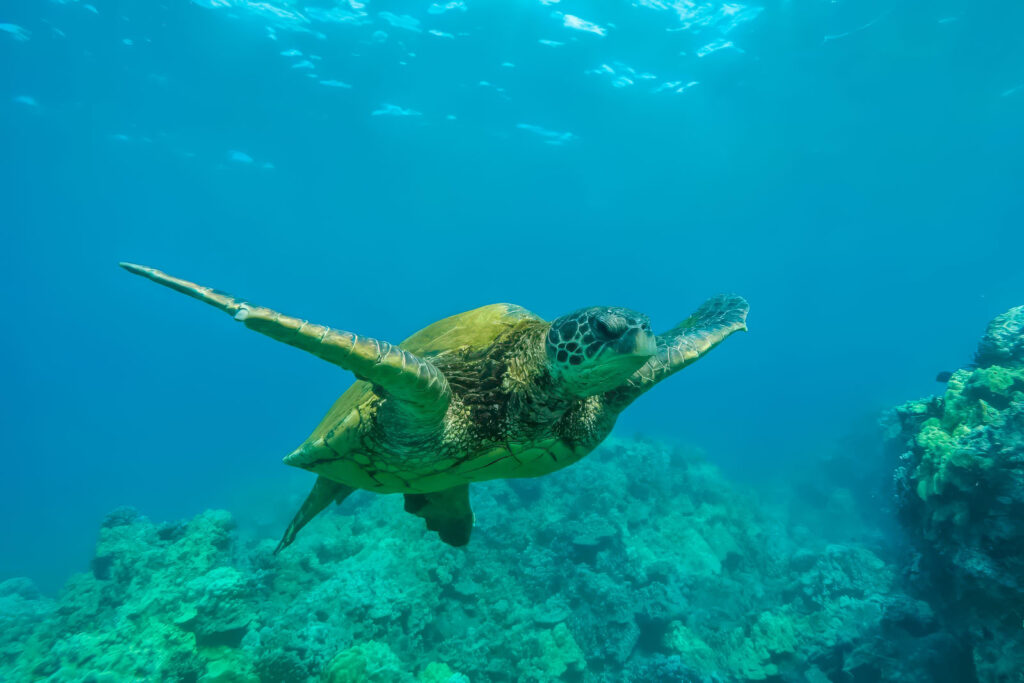Who loves Hawaii? If you do, then get ready to dive into these fun facts about Hawaii and its unique culture, geography, and history. Did you know it’s home to the tallest mountain in the world or that it has two official languages? Let’s get into these and more. Plus, the state flower, the yellow hibiscus, is officially recognized and loved as the symbol of the Hawaiian islands.
Fun Hawaii Facts
Sitting alone in the middle of the Pacific Ocean, Hawaii is the only state that can claim Oceania as its home. It became the 50th state on August 21st, 1959, on a warm summer day. This chain of islands has the history of Polynesian explorers who set sail across the open ocean and landed on its shores about 1,500 years ago.
Hawaii is known as the birthplace of surfing, a sport that has since spread to millions of people around the world. But Hawaii has so much more than just its famous waves. Its isolation and uniqueness are a story unto themselves, a place where every visit reveals another layer of its awesomeness. Get ready to be weirded out by the weird, interesting, and unusual Hawaii.
1. Hawaii’s Unique Geography
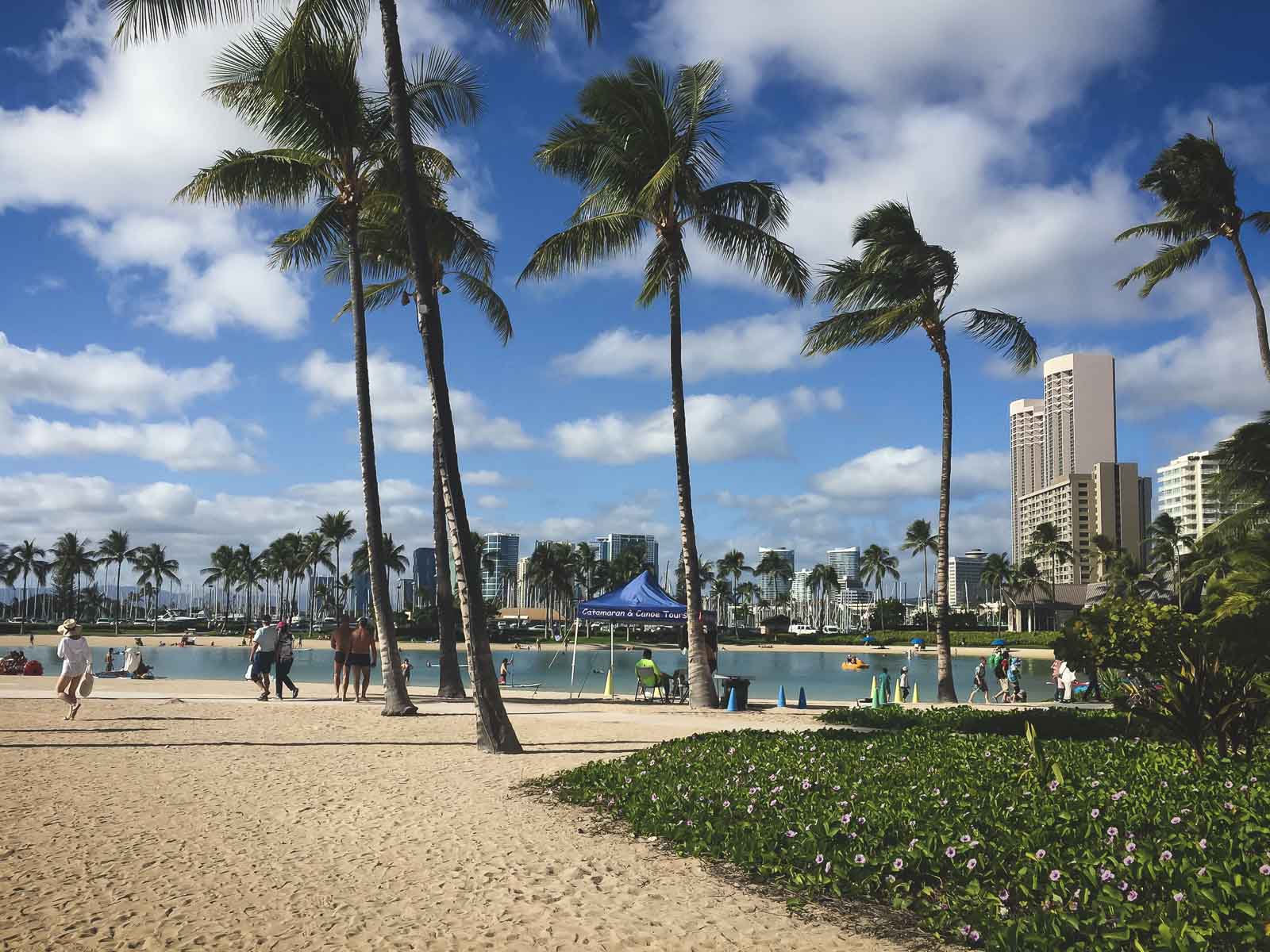
Unlike anywhere else on the planet, Hawaii is a world of extremes and natural wonders. As the most remote island chain on the planet, it’s 2,000 miles from the nearest landmass. This isolation has created a world of ecosystems. Imagine walking through a rainforest and finding yourself in a desert in minutes. Picture the valleys that come alive with every step and the waterfalls that pull you in with their beauty. Each ecosystem has its own flora and fauna, so every time you explore, it’s a new adventure. With its diverse landscapes and palm trees, Hawaii is a tropical heaven.
On Kauai there’s a law that no building can be taller than the palm trees to preserve the island’s natural beauty and prevent luxury condos and skyscrapers.
Mauna Kea, the world’s tallest mountain, is a manifestation of nature’s power. One of the coolest facts about Hawaii is that Mauna Kea is a mountain. The Big Island, as we call it, is one of the 8 main islands that has an adventure for every kind of traveler. Whether you want to hike an active volcano or find a secret beach, Hawaii has something for everyone. I remember standing at the edge of a crater, feeling the heat from the earth below, and realizing this land was alive in ways I had never imagined. It’s a place where nature’s power and beauty coexist, a land that’s dynamic and enchanting.
2. The Hawaiian Archipelago
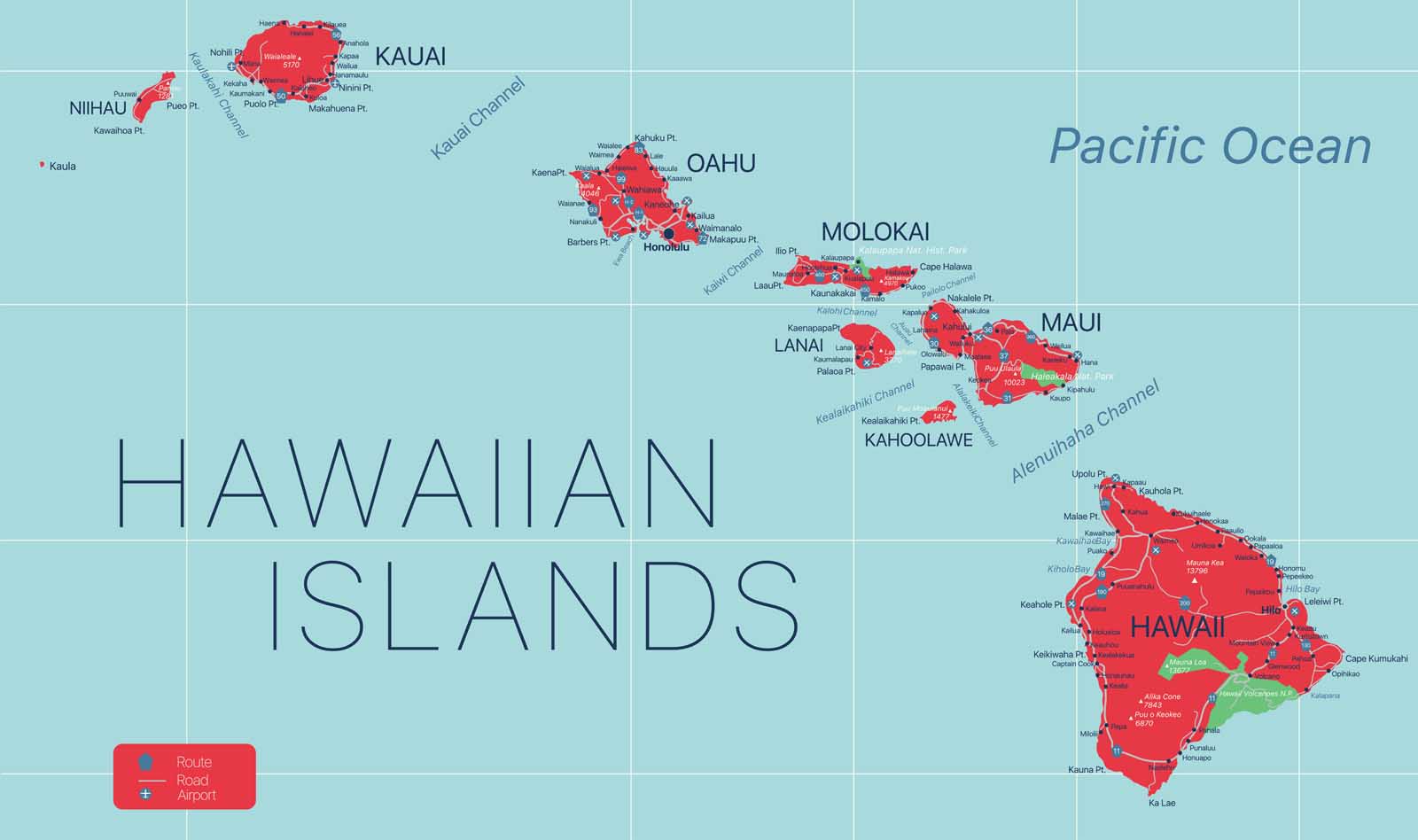
With 132 islands, including many small islets and reefs, the heart of the Hawaiian Archipelago is in its eight major islands that tell the story of Hawaii. Each island has its own personality. Take Kauai, the Garden Isle, with its dramatic cliffs and emerald valleys that are almost alien. Oahu, the Gathering Place, has busy shores and culture. Maui, the Valley Isle, has sacred landscapes that demand introspection and wonder. And then there’s the Big Island, where new land is born from fire and constantly changes with nature.
In the northwestern Hawaiian islands you can find Mount Waialeale on Kauai where the heavens dump almost 400 inches of rain a year, one of the wettest places on earth. As we sail through the North Pacific we are reminded of the brave Polynesian explorers who came to these islands guided only by the stars and the sea and shaped the fabric of Hawaiian culture today. The volcanic islands’ story is one of survival and magic, where past and present come together to create something truly Hawaiian.
3. Hawaii Volcanoes National Park
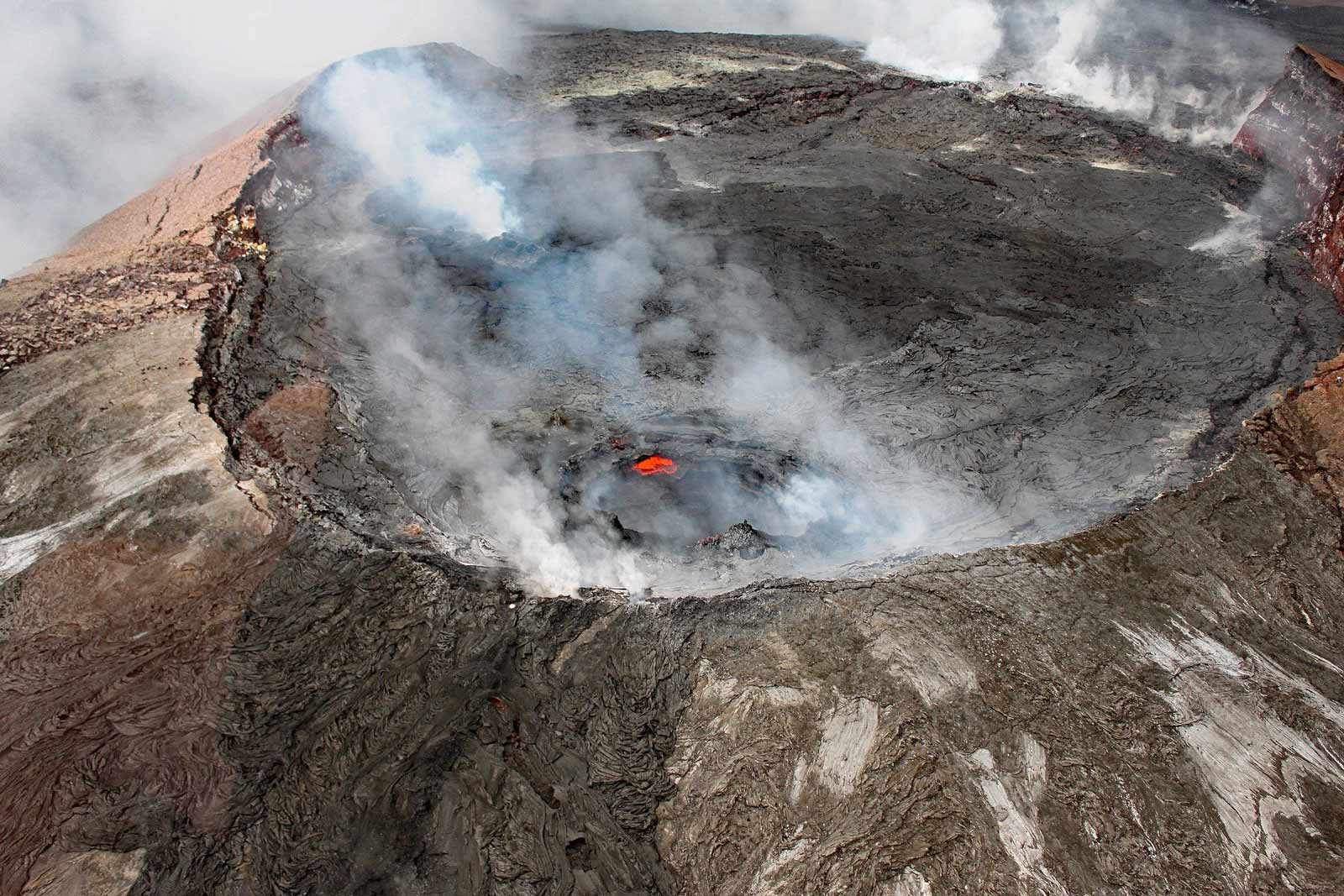
Deep in the Big Island’s wilderness, the Hawaii Volcanoes National Park exposes the inner workings of the earth to the world. This park has been around for over a hundred years and is more than a tourist attraction; it’s a sacred place, a living laboratory where creation and destruction collide. Here, you’ll find Kilauea, the most active volcano on the planet, and Mauna Loa, the largest volcano above ground on the planet – both still shape the Big Island with their lava flows.
The park spans over 323,000 acres from sea level to the summit of Mauna Loa and gets about 2 million visitors a year who come to see an active volcano and life emerging from the ashes. It’s a place where you can really get a sense of what ‘pele’ the Hawaiian goddess of fire means and her ongoing effect on the islands. The ongoing eruptions of Kilauea, which started in 2021, are a reminder the Big Island is still growing, adding new land to its shores every year.
4. Tallest Mountain in the World
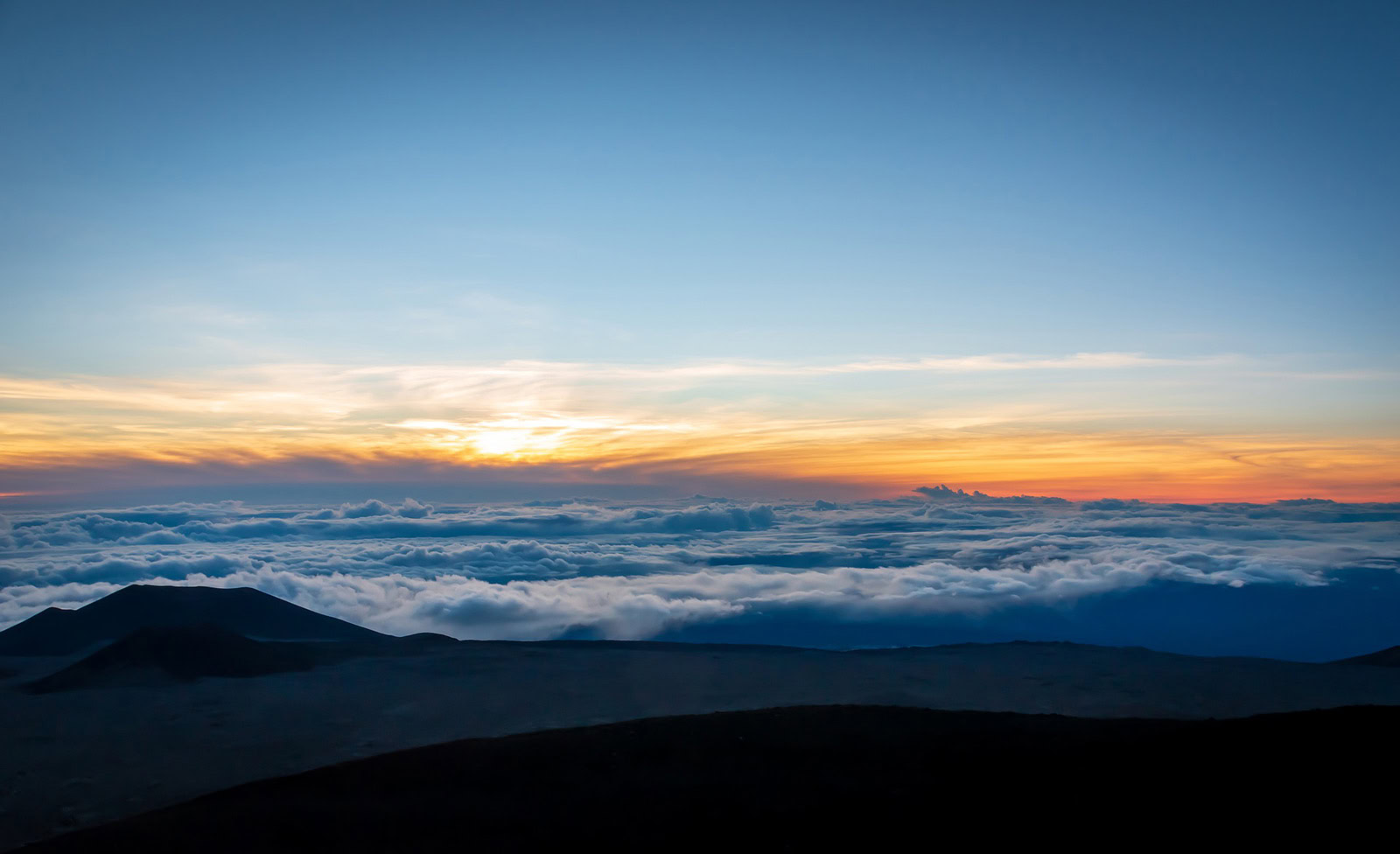
Besides having the world’s most active volcano, Hawaii is also home to Mauna Kea, the tallest mountain on earth when measured from its base on the ocean floor. This mountain rises 13,800 feet above the Pacific Ocean but its true height is 33,500 feet when measured from the ocean floor, dwarfing even Mount Everest.
Sometimes snow-capped, the summit of Mauna Kea is a surreal landscape against the tropical surroundings. It’s where scientists come to gaze into the universe through powerful telescopes and where ancient Hawaiians looked up to the heavens and considered it a sacred realm of the gods. The mountain is imposing and beautiful and a reminder of the island’s volcanic birth and ongoing evolution.
5. Two Official Languages
Hawaiian language, the language of the islands, is spoken throughout the islands and is one of the two official languages of Hawaii, along with English. This language was once banned by the US territorial government and has had a renaissance; it is the spirit of the islands and the people. The language’s resurgence is a testament to the strength of Hawaiian culture, bridging the past to the present and ensuring the stories, traditions, and wisdom of our ancestors continue to live on.
Knowing and speaking Hawaiian gives you a deeper connection to the land and its rhythms, as well as the harmony between the people and the land. It’s a language that embodies the islands, from the gentle trade winds to the mighty ocean waves. Hawaiian is not just a language but a vessel for the aloha spirit, a sense of community, and respect for all life.
6. Hawaiian Alphabet
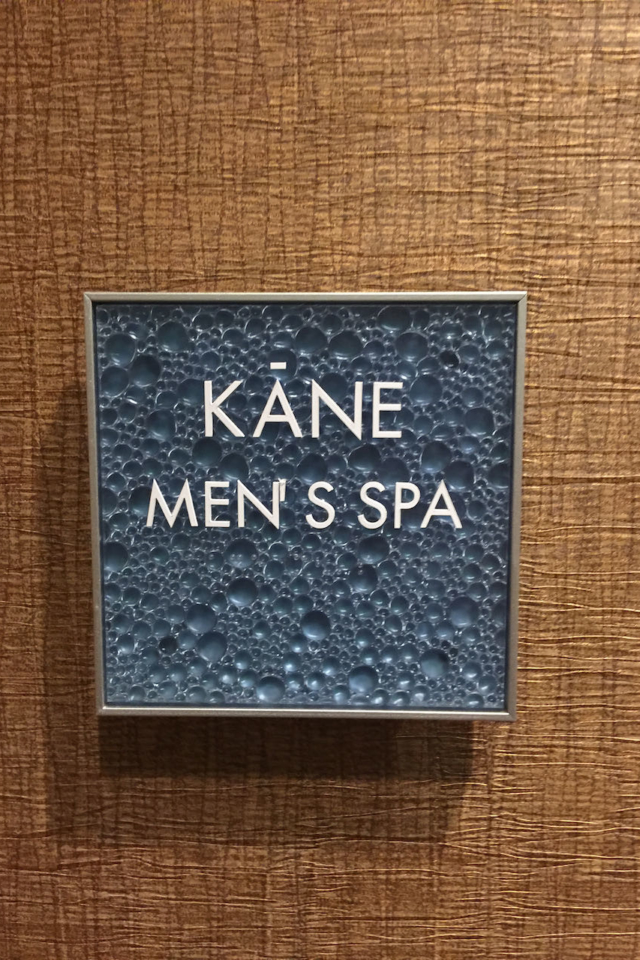
With only 13 letters, the Hawaiian alphabet is simple and to the point. 5 vowels and 8 consonants and the unique okina, a glottal stop that gives the language its rhythm. Officially recognized as a letter in 1864, the okina is represented by an apostrophe and is used to distinguish between words that would otherwise be the same.
Vowels in Hawaiian can be lengthened with the use of macrons or kahako, adding another layer to the beautiful language. The alphabet’s structure, with vowels first, speaks to the language’s history and its importance in preserving our cultural identity. It’s a language that sings of our islands’ history, from the old Hawaiian chants to the modern hula, telling the story of people who are connected to the land.
7. Hawaii’s State Fish
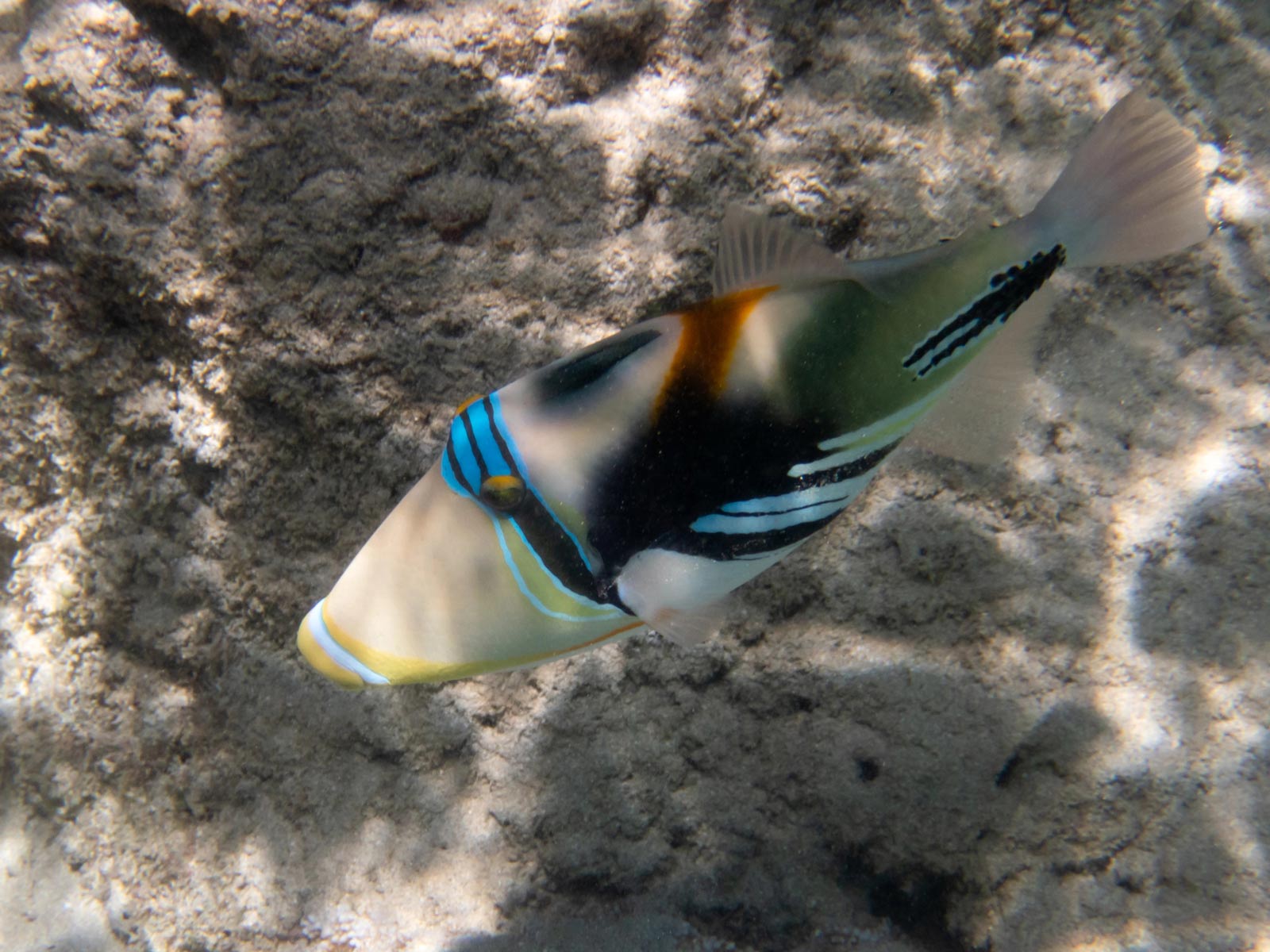
Among all the marine life in Hawaii’s waters, the Humuhumunukunukuapua?a stands out. With a name as colorful as its scales, this reef triggerfish, also the Hawaii state fish, can grow up to 10 inches long and can change its color to blend in with the coral. With a stout body and rough scales, it’s built for navigating the rock crevices of the ocean floor.
The Humuhumunukunukuapua?a is not only a master of disguise but also a fierce protector of its territory, using its blue teeth to fend off intruders. Its secondary spine, or trigger, allows the fish to latch onto reef edges, giving it stability in the moving waters. The name, meaning “fish with a pig’s snout,” refers to its unique shape and the snorting sound it makes when taken out of the water. It’s a creature that is Hawaii itself, with a name that’s as much a part of Hawaii as the fish is.
The yellow hibiscus, Hawaii’s state flower, also holds significant cultural importance, symbolizing the unique heritage and traditions of the islands.
8. Endemic Species
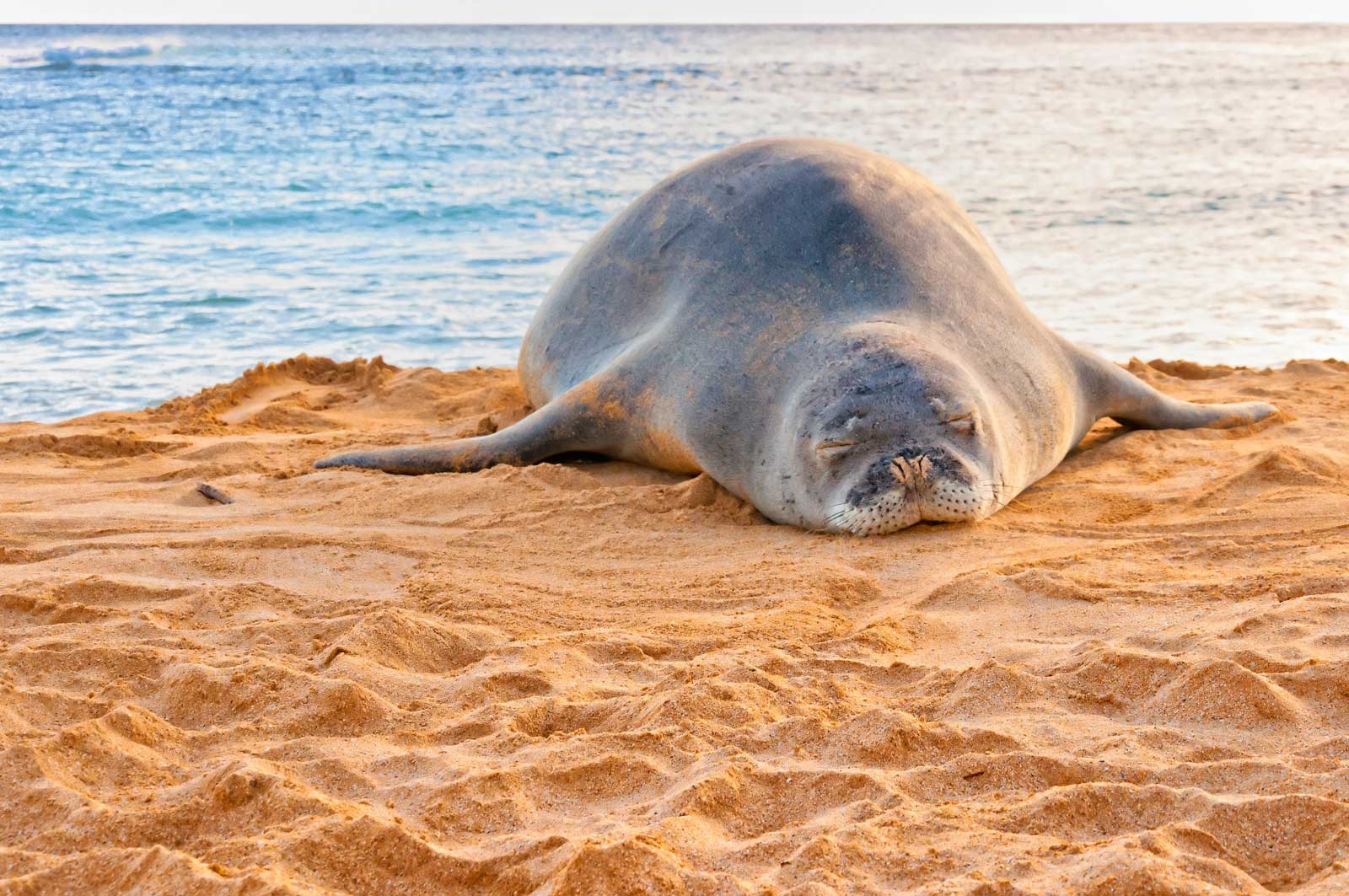
Because of its isolation, Hawaii has developed an incredible array of endemics, rivaling the Galapagos Islands. Among these native treasures are the Hawaiian hoary bat and the Hawaiian monk seal, both endangered and symbols of the island’s delicate balance. The hoary bat with its silver grey fur flies the twilight skies, and the monk seal, with its big eyes, lounges on the sand.
Saving these species is key to conservation efforts as they are threatened by habitat loss and human development. These creatures are more than just inhabitants of the islands, they are part of Hawaii’s soul, each playing a role in the intricate web of life that thrives in this tropical heaven. Saving these endemics is not just about biodiversity but also about honoring a land that has evolved in isolation.
9. Stunning Beaches and Unique Sands
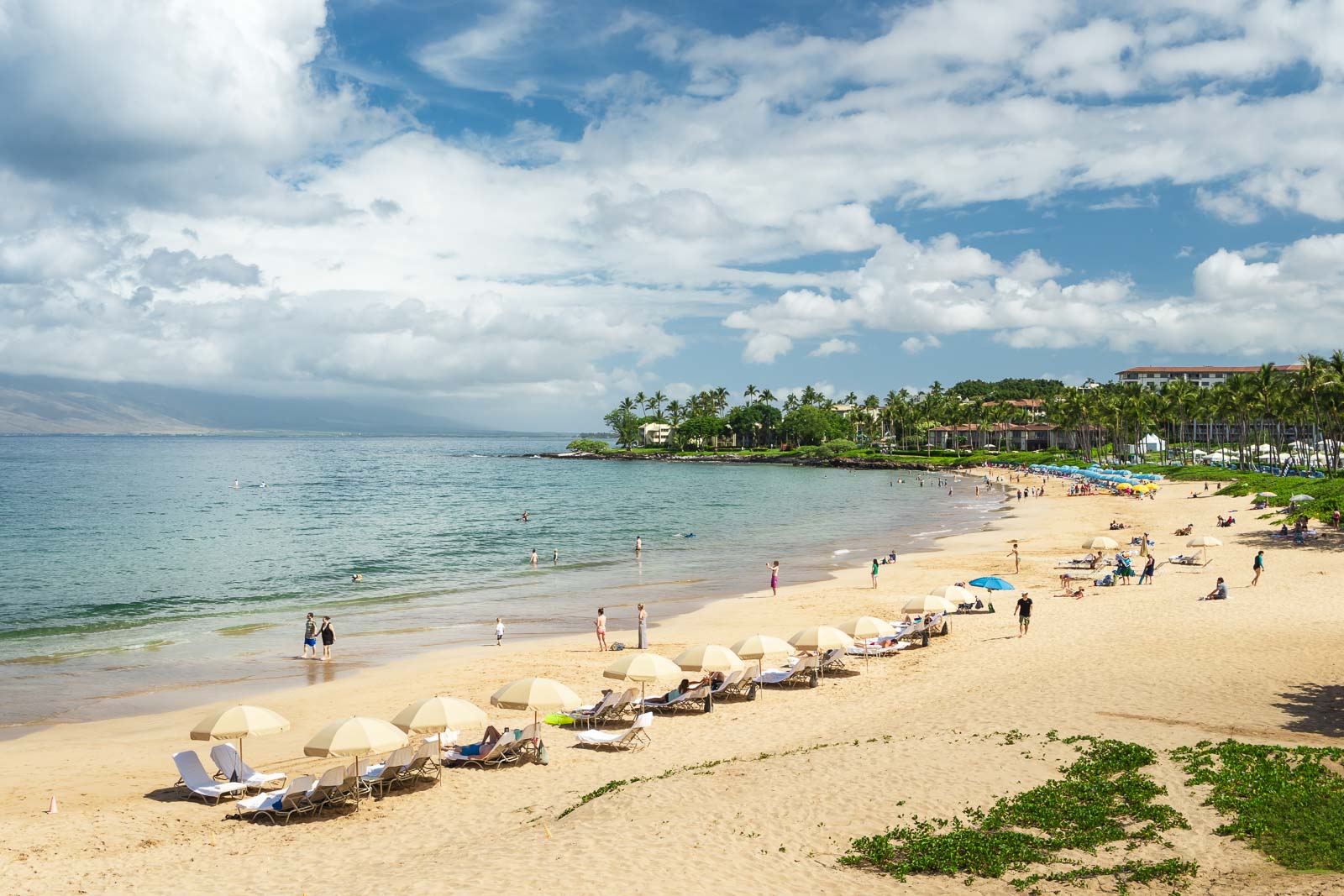
The dreamy beaches of Hawaii, each with its own magic, draw sun worshipers and adventurers. From the emerald green sands of Papak?lea Beach, colored by the mineral olivine, to the iron-rich red sands that paint the shores in rusty hues, Hawaii’s coastlines are a work of art. These sands tell the story of the islands’ volcanic past, each grain a whisper of ancient eruptions and the power of nature.
While many beaches have the classic white sand of tropical getaways, Hawaii has more to offer. Hawaii’s sand is varied. You’ll find beaches with calcium carbonate sand, which comes from marine life and gives that white sand look. But you’ll also find quartz-based sand, which is more common elsewhere. Some beaches even have unique origins, like Kauai’s sea glass beach, which was formed from discarded bottles. That’s what makes Hawaii’s beaches so special.
Waikiki Beach, one of the most famous beaches in the world, has had its sand brought in from elsewhere due to erosion.
10. No Snakes Allowed
To protect its unique ecosystem, Hawaii bans snake ownership. These slithery creatures would be a threat to the native bird population, competing for food and habitat with no natural predators to keep their numbers in check. It’s a policy born from the need to preserve the delicate balance of life that has thrived here for thousands of years.
Those who break the rules face serious consequences, with fines up to $200,000 and 3 years in the slammer. But the state also shows understanding and mercy with its amnesty program, where you can surrender your pet snakes without fear of prosecution. It’s a nod to the respect for nature that’s part of Hawaiian culture and the collective effort to preserve our ecological legacy.
11. Hawaii’s Royal Palace
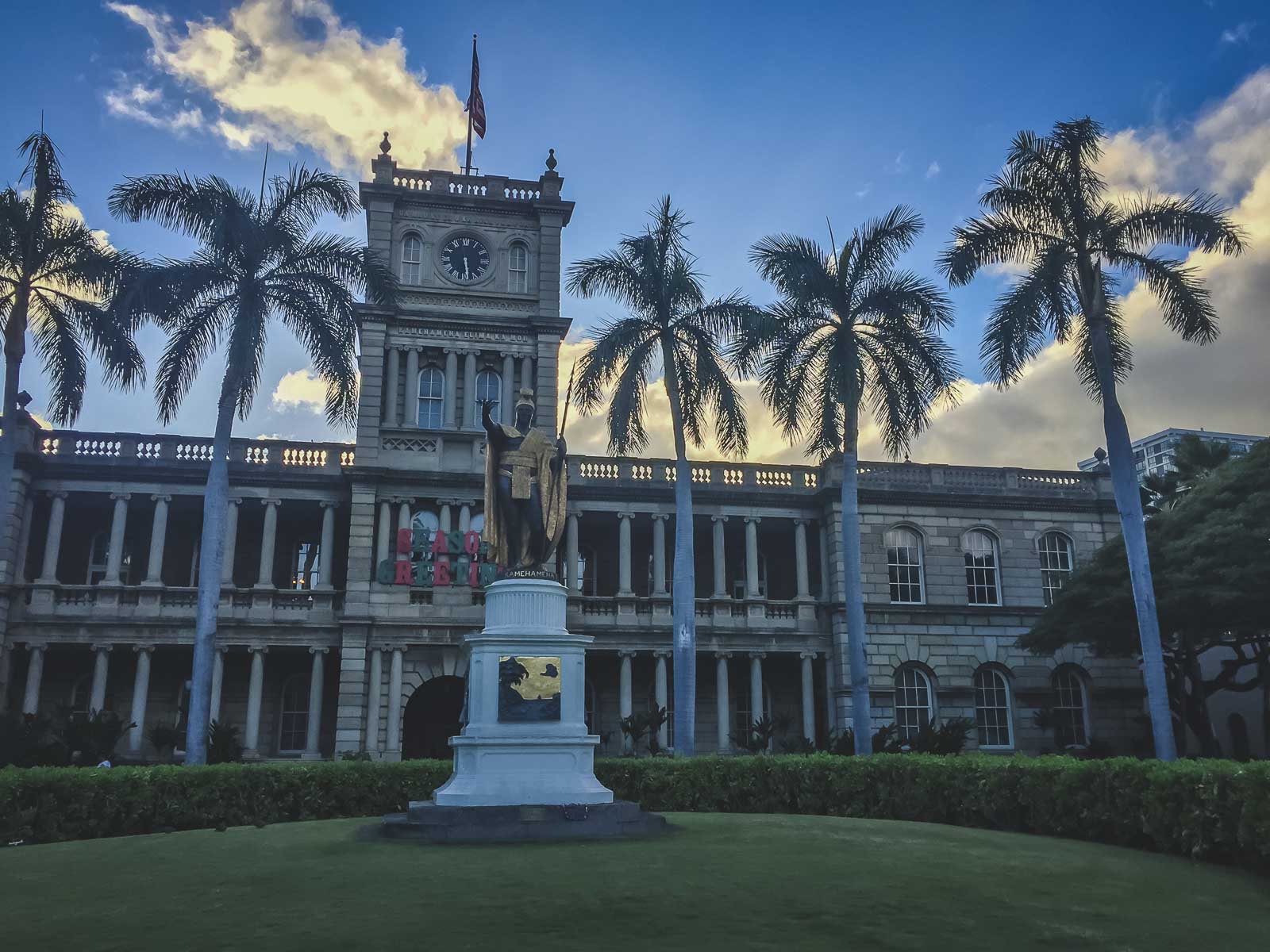
The Iolani Palace in the heart of downtown Honolulu is a royal legacy. Built in 1882 by King Kalakaua, this palace is the only royal residence in the United States. It’s like stepping back in time. Once the government and social center of the Hawaiian Kingdom, the palace saw the end of the monarchy in 1893 and served in various government roles before being restored to its former glory.
When you visit Iolani Palace, you can walk the grand hallways, see the royal suites with original furnishings and artifacts, hear the echoes of royal footsteps, and imagine the balls and state functions that once filled these rooms with life. As a National Historic Landmark, the palace is a window into the past of the islands, a bridge between the old Hawaii and the new.
12. Hawaii’s Own Time Zone
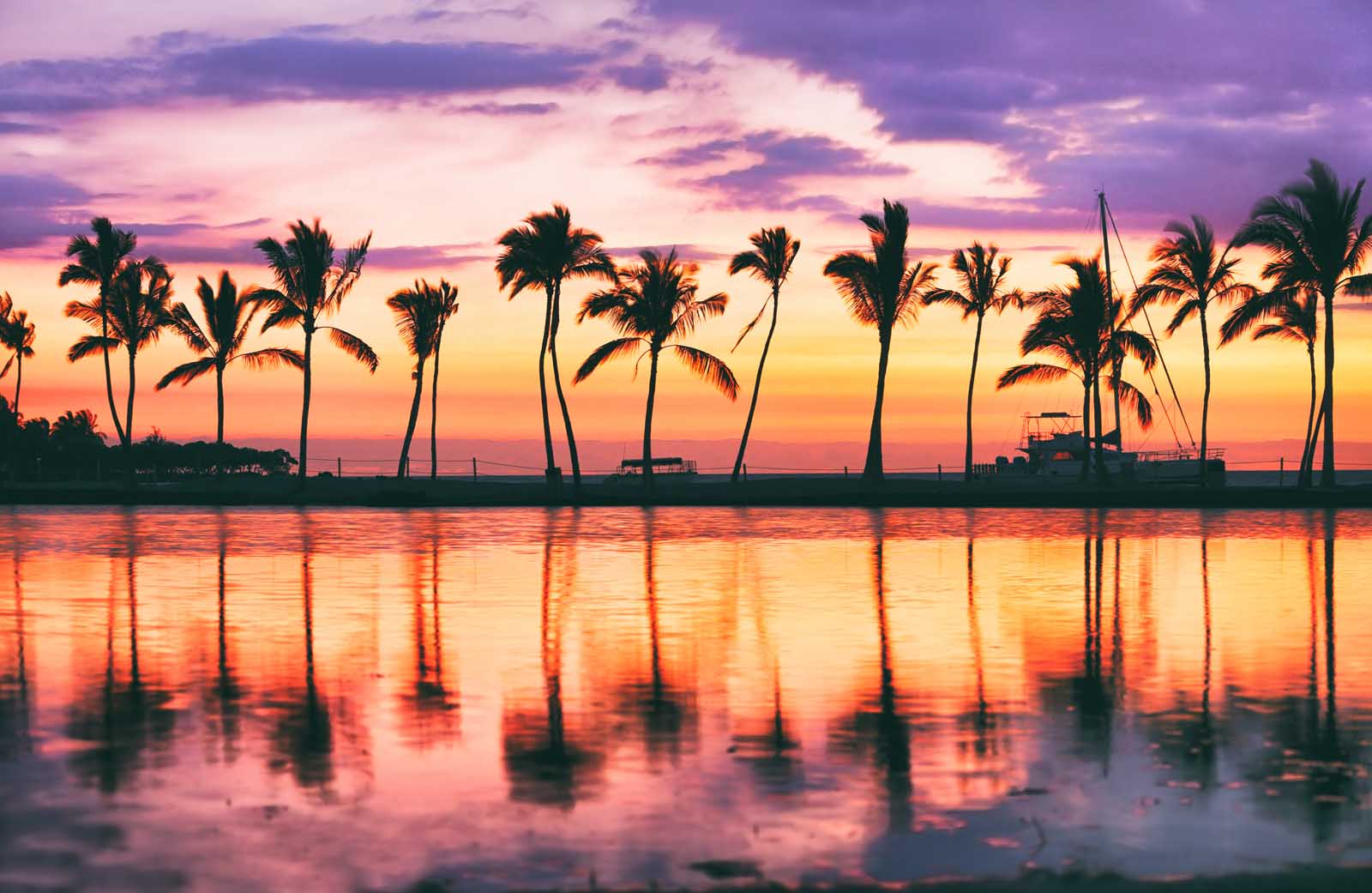
Time in Hawaii moves to its own beat in the Hawaiian Standard Time zone. 2 to 3 hours behind Pacific Standard Time and no Daylight Savings Time, the clocks here tick to a different drum. This time zone is not just a reflection of the geographical distance from the mainland but also the laid-back lifestyle of Hawaiian culture.
The concept of ‘island time’ isn’t just for tourists; it’s real, and you can feel it as soon as you step off the plane. No need to ‘spring forward’ or ‘fall back’ means life here is regulated by the natural cycles of sunrise and sunset rather than the clocks that govern the rest of the world. It’s a gentle reminder that in Hawaii, time is valued differently, and moments are savored, not rushed.
13. Aloha State Nickname
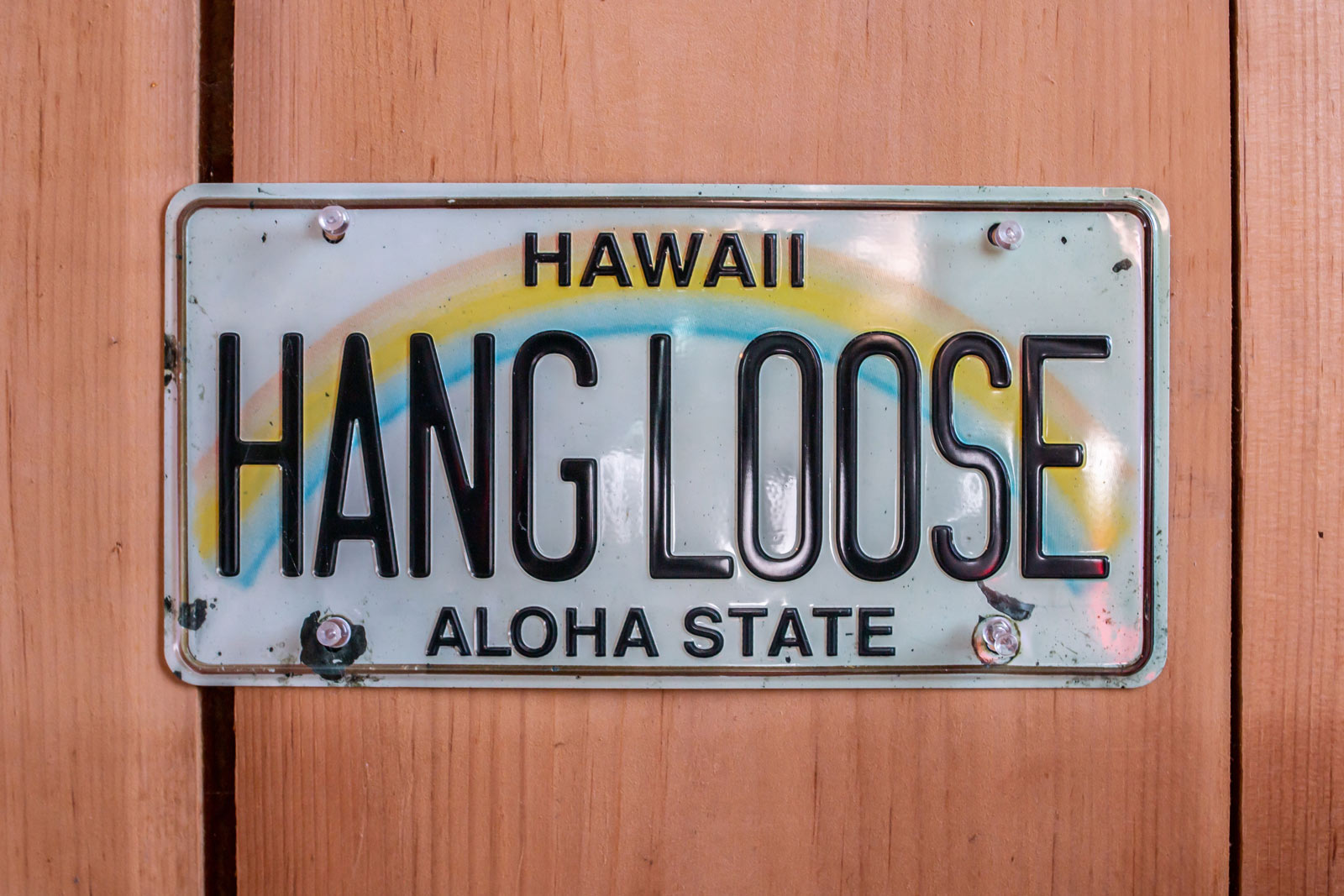
Hawaii is known as the Aloha State, and the name says it all. ‘Aloha’ is a word that means hello or goodbye but goes so much deeper into the Hawaiian culture. Beyond its everyday use, ‘aloha’ means loving and respecting others and the land itself. The Aloha Spirit is so ingrained in the Hawaiian way of life it’s been written into law since 1986. It’s an ethic that requires individuals to consider others and the land in all they do and creates a society that thrives on care and respect.
When you hear ‘aloha’ here, you’re being given a slice of the islands. Join the hugging.
14. Famous Filming Locations
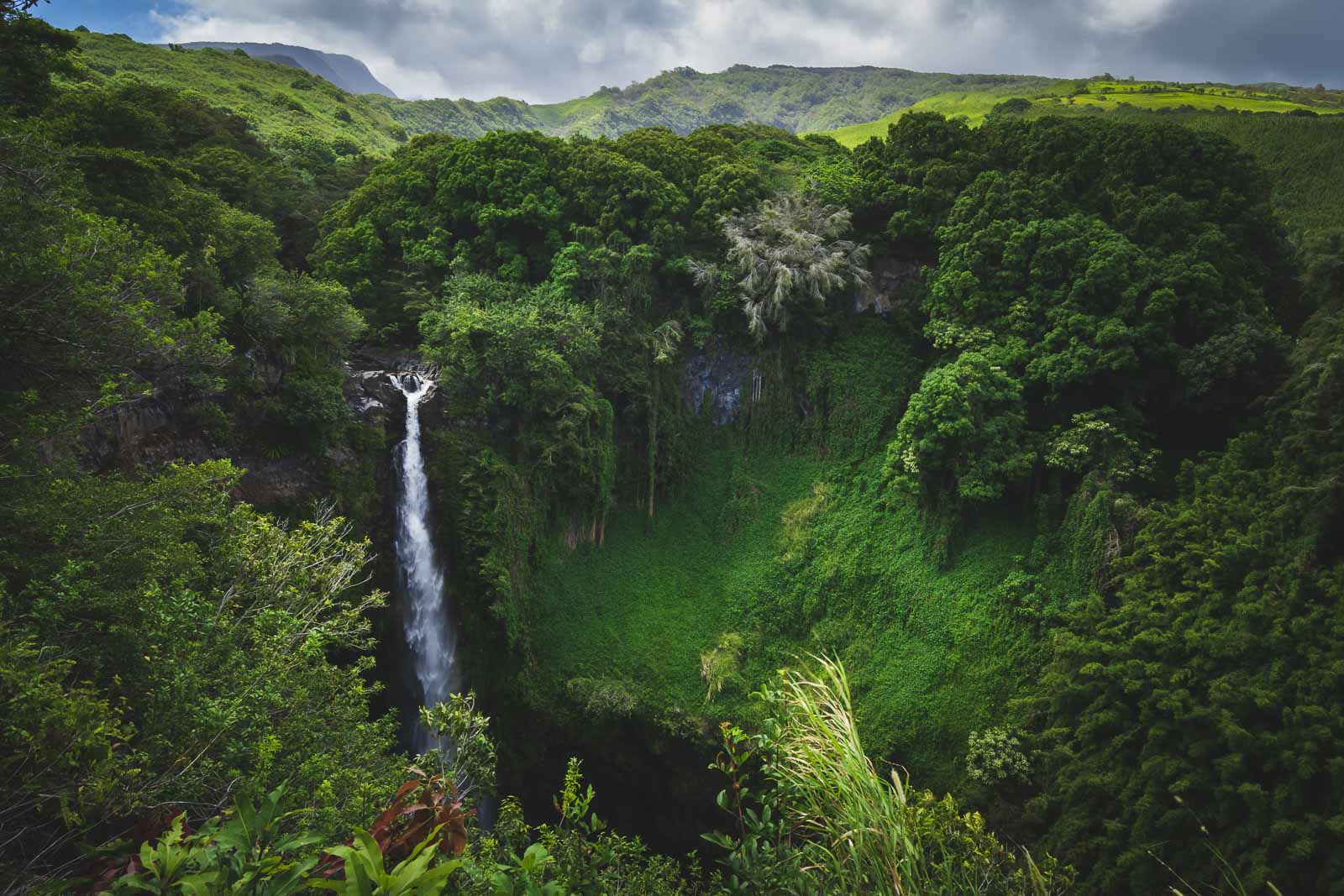
With its dramatic landscapes and beauty, it’s no wonder Hawaii has been the location for many films, from blockbusters to animated classics. Here are a few:
- ‘Jurassic Park’ used the jungle and waterfalls of Kauai for prehistoric adventure
- ‘From Here to Eternity’ showed the beaches of Oahu in a timeless story
- ‘Blue Hawaii’ starring Elvis Presley, featured the beaches and tropical scenery of the islands
Hawaii can change into any exotic location, so it’s a playground for filmmakers looking for the perfect shot.
Hawaii’s filmography is vast, from the comedy of ‘50 First Dates’ to the drama of ‘The Descendants’, the North Shore’s surfers paradise in ‘Blue Crush’ and the historical depth of ‘Pearl Harbor’. Each movie shows a different side of Hawaii.
Hawaii Island is still captivating the world, not just as a tropical destination for a Hawaii vacation but also as a land full of stories to be told.
15. President Barack Obama’s Birthplace
Along with its natural beauty and cultural importance, Hawaii is the birthplace of many notable people, including Barack Obama, the 44th President of the United States. Born on the beaches of Honolulu, this island boy grew up to be president and often talks about the years he spent in the Aloha State. The Hawaiian way, with its ohana and maluhia, is how Obama carried himself during his presidency and beyond.
The islands have also produced talents like Bette Midler and Nicole Kidman, each adding to the tapestry of Hawaii’s history. The Hawaii effect, with its mix of cultures and natural beauty that sparks creativity, can be seen in their lives and work. It’s a place that feeds the soul and gives you a different view of the world – an influence that goes far beyond the islands.
Did You Enjoy These Hawaiian Facts?
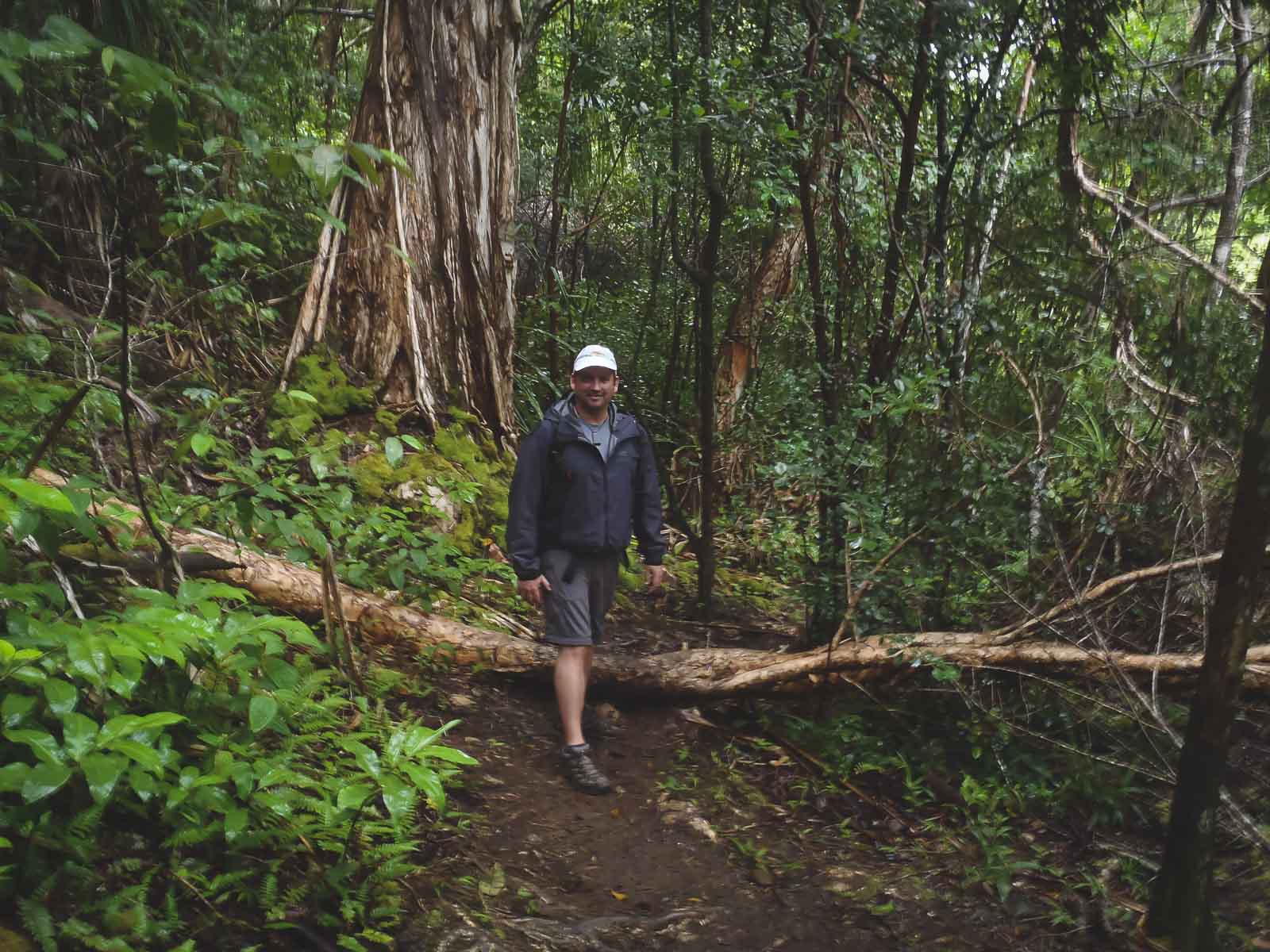
As we wrap up our Hawaiian Islands journey, we reflect on the magic and variety that makes Hawaii so special. From the top of Mauna Kea to the rhythm of the Hawaiian language, the facts we’ve shared are just a small peek into this tropical paradise’s soul. The islands are a treasure trove of natural beauty, cultural depth, and historical significance, each of which is a thread in the vibrant fabric of Hawaii.
We’ve uncovered the secrets of the Hawaiian archipelago, dived into the ocean, and stood in the shadow of the past. We’ve found that in Hawaii, time moves to its own beat, and the spirit of aloha is in everything. Whether it’s the beaches, the endangered species, or the famous faces that call it home, Hawaii still has us under its spell. May the aloha spirit stay with you and beckon you to come back and explore.
Frequently Asked Questions About Hawaii
What makes Hawaii’s beaches different from other tropical places?
Hawaii’s beaches are different because of the different-colored sand, which is formed by unique geological processes and the island’s volcanic history. It is a one-of-a-kind beach experience.
Why doesn’t Hawaii observe Daylight Savings Time?
Hawaii doesn’t observe Daylight Savings Time because it’s near the equator, and there’s minimal daylight variation. So Hawaii prefers to stay on one time all year.
Are there any other royal palaces like Iolani Palace in the US?
No, Iolani Palace in Honolulu is the only royal palace in the US since Hawaii was an independent kingdom.
How did the Hawaiian Islands get formed?
The Hawaiian Islands were formed by volcanic activity, hotspots in the Earth’s mantle pushing magma through the Earth’s crust to create these islands.
What does the Hawaiian state fish’s name, Humuhumunukunukuapua?a, mean?
The Hawaiian state fish’s name, Humuhumunukunukuapua?a, means ‘fish with a snout like a pig’ because of its snout and the sounds it makes. Pretty cool and fitting name!

